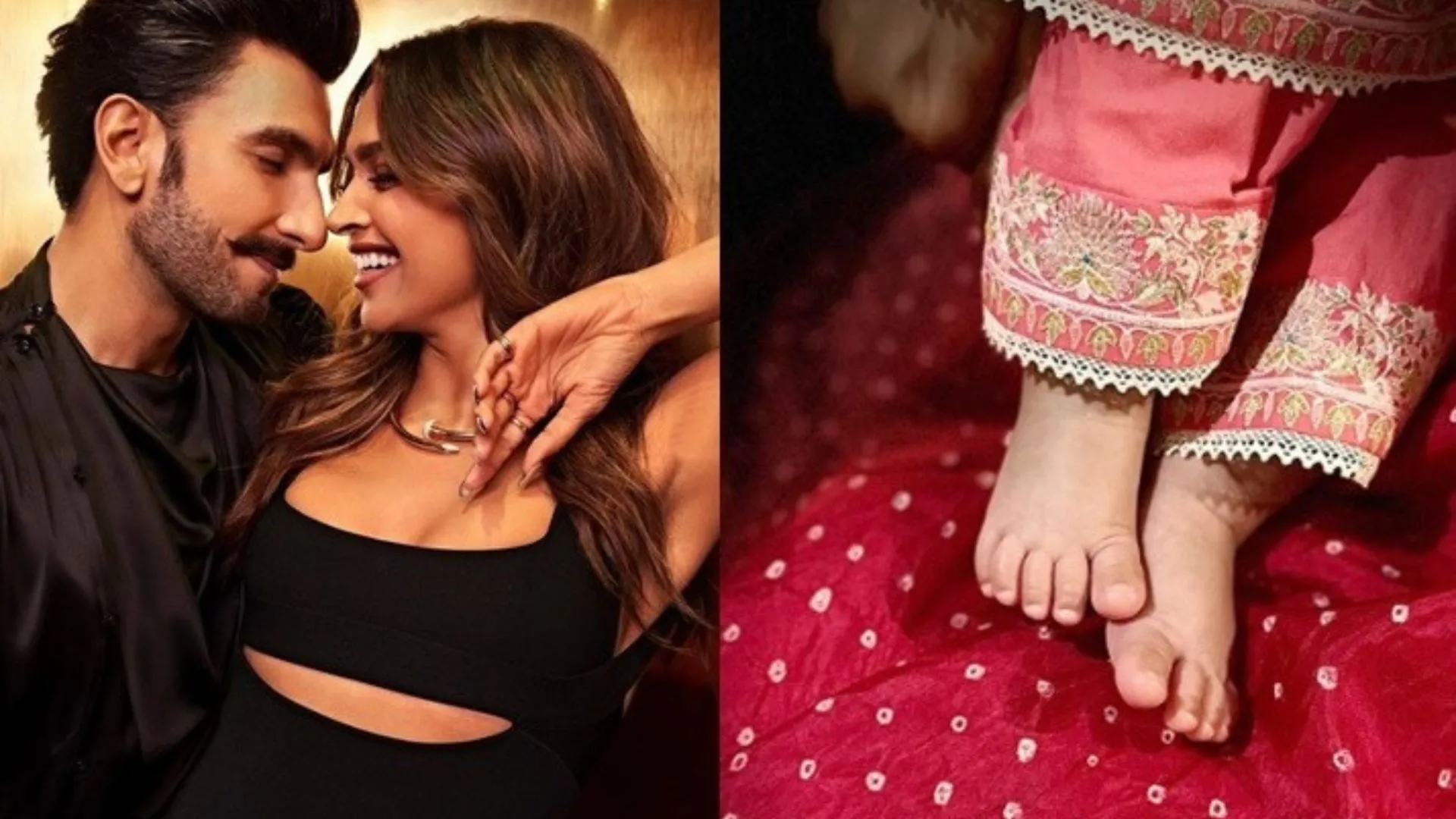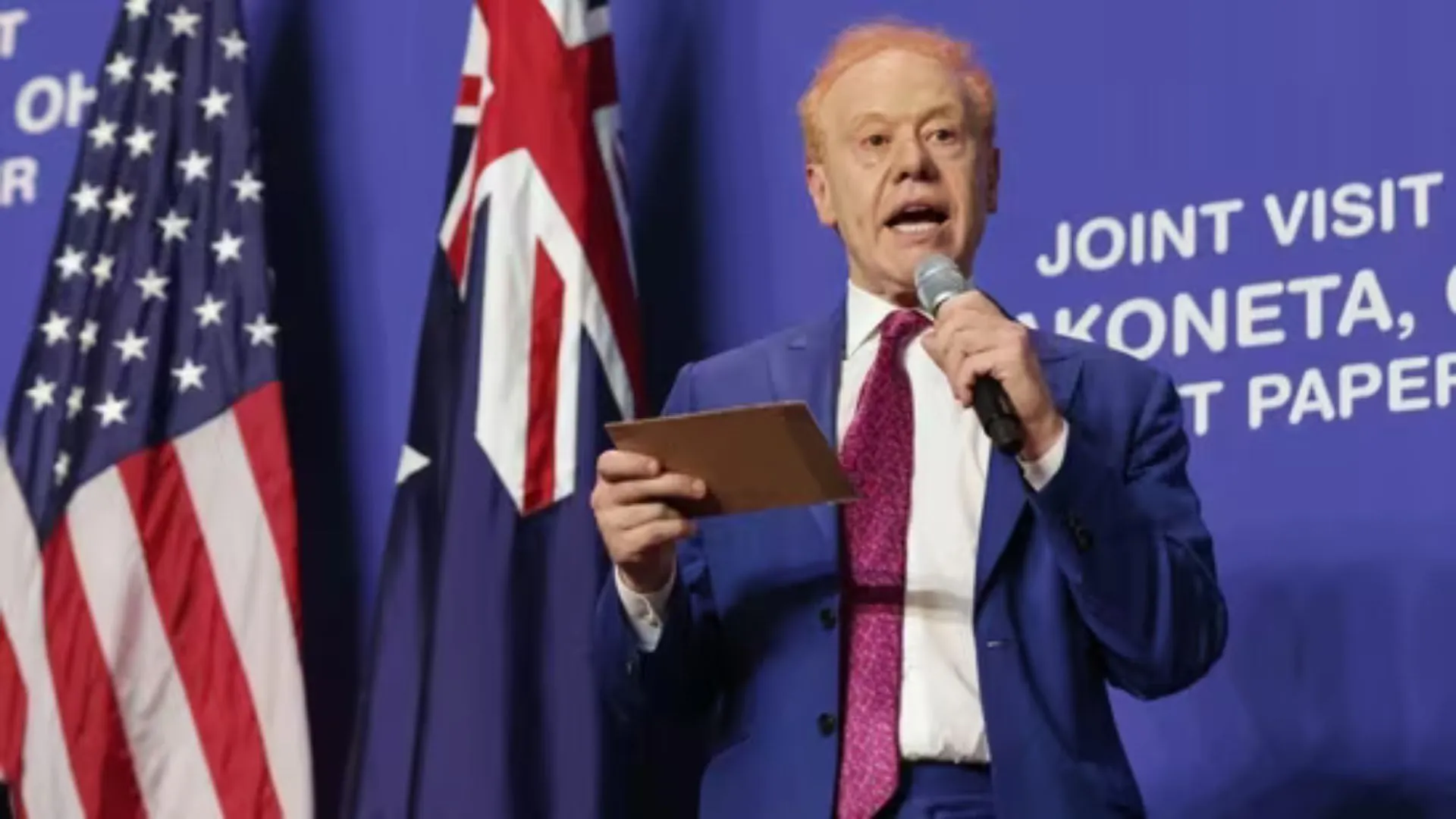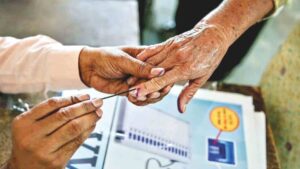The moment for voting in the Maharashtra Assembly elections is almost here. Candidates have worked hard to win your favour with promises and assurances. You’ve listened to them, observed their actions and evaluated their claims. Now it’s your turn to decide. Before casting your vote, assess your candidates carefully: How capable are they? What are their qualifications? How have they behaved in the past? How aware are they of the needs of your area? Consider these questions, along with any others you may have. Only after a thorough evaluation you should decide whom to vote for. Remember, your vote will determine the government. The fate of the state for the next five years depends on your choice. So, don’t forget to vote!
I understand that there are challenges ahead. During the election campaign, efforts have been made to mislead you based on caste, religion and language. I’ve gone through some analyses claiming that a certain constituency has so many voters of a particular caste, religion or language group. Naturally, this can influence people. Some might think, “This candidate is from my caste, so I should vote for him or her.” But is this the right approach? While caste may be a part of our traditional values, when we envision a progressive and modern Maharashtra — a prosperous state for all — we must rise above caste politics. Maharashtra has around 96.3 million voters, out of which 18.5 million are young voters. I trust that these modern, forward-thinking youth will vote transcending the boundaries of caste and religion.
I want to draw the Election Commission’s attention to an important issue regarding young voters. Many young, democracy-conscious individuals work in other states or cities. During the last general elections, I saw numerous young people spend thousands of rupees to travel back to their constituencies to cast their vote. But this number needs to increase. If young voters were provided the facility to cast their votes online from wherever they are, it would strengthen democracy in a big way. Today, we are technically advanced enough to make this possible, but a lack of political will is holding us back. While postal ballots exist, how many people know about this system? Generally, only government employees and members of the Armed Forces utilise it. The government staff and security personnel on election duty often lose the opportunity to vote. What has been done to address their voting rights? Recently, elections were held in the United States, where a large number of people used postal ballots. I am hopeful that India will also evolve to ensure that no one is deprived of his or her right to vote for any reason. If we can carry out bank transactions, trade shares, book airline, railway and bus tickets, and even board planes using mobile phones, why can’t we vote online?
You voters have a complete understanding of which candidate’s election will be better for us, for society and for the state.
Since independence, India’s electoral system has reached great heights in a remarkably short period. During the first election in 1951, India’s first chief election commissioner, Sukumar Sen, faced many challenges. Most people were illiterate and many women were not even known by their names. Despite this, the hard work of Sen and his team paid off. The government fully supported their efforts. From the very first election, all citizens over 21 were granted voting rights, without discrimination based on gender, caste or religion. This was a revolutionary step. To put things in perspective, African-Americans in the United States had to wait almost 100 years after gaining independence to secure voting rights, and women in some US states waited 150 years. In Switzerland, women struggled for nearly a century to gain suffrage.
India’s Election Commission has ensured the sanctity of the electoral process. Since illiteracy was widespread during the first election, symbols were introduced to help voters identify candidates. To prevent fraud, a special ink that couldn’t be erased for days was invented. Even today, the formula for this indelible ink remains confidential.
All political parties have played a significant role in strengthening India’s electoral system. Initially, political parties focussed on ideological debates, without animosity among leaders. Unfortunately, ideological politics has diminished today, with parties treating elections as a battle to destroy their opponents. Yet, the Indian voter has matured intellectually, gaining the ability to discern which candidate will be beneficial for them, their community and their state. Once again, the voters of Maharashtra face a crucial test. Over the next 48 hours, I am confident you will carefully analyse all aspects and vote for the candidate who meets your standards. I urge you once again to make sure to vote. Your vote will determine your government.
The author is the chairman, Editorial Board of Lokmat Media and former member of Rajya Sabha.














